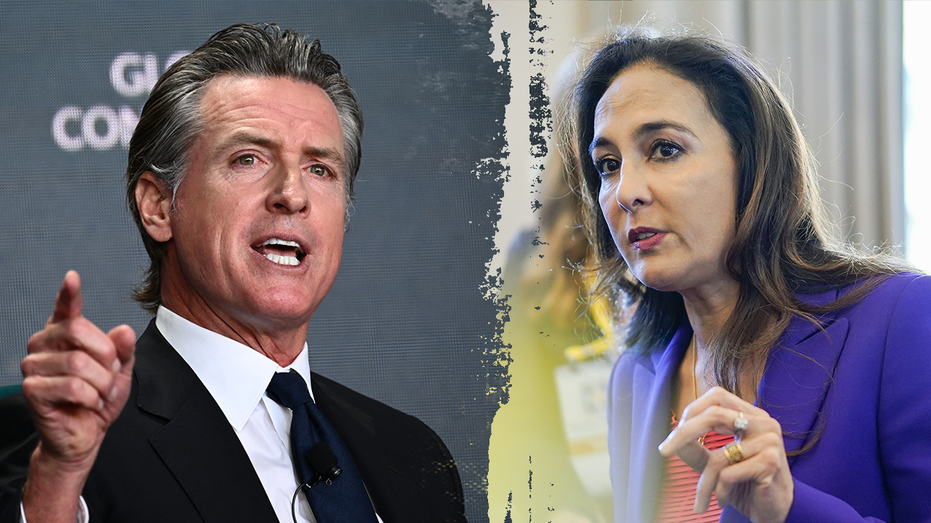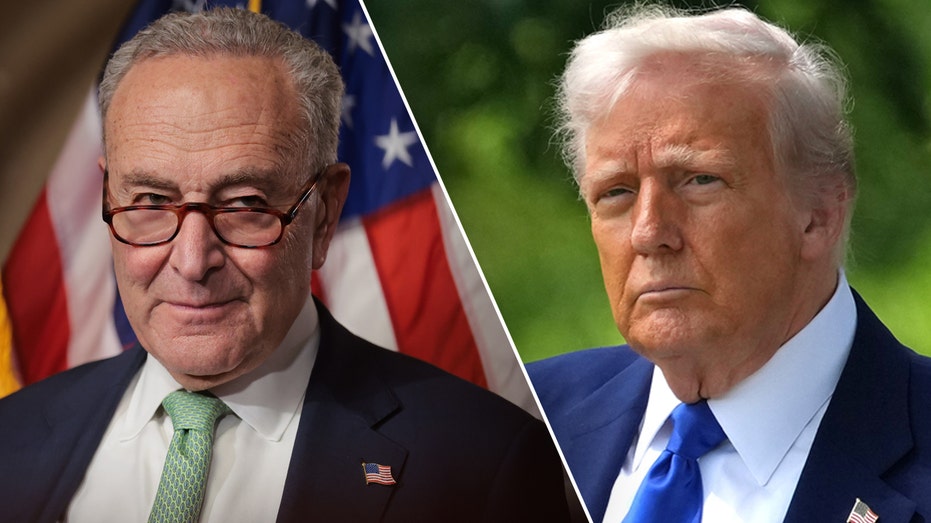FDA Approves New Lower-Dose Moderna COVID-19 Vaccine to Boost Immunization Efforts
FDA approves Moderna’s targeted, low-dose COVID-19 vaccine mNexspike for seniors and vulnerable adults, marking a strategic shift in U.S. vaccination efforts.

The United States has approved a new COVID-19 vaccine from Moderna, marking a notable development in the ongoing fight against the coronavirus. This newly authorized vaccine, called mNexspike, is designed as a supplemental option rather than a replacement for Moderna’s existing Spikevax shot. Regulators have implemented significant use limitations, however, indicating a more targeted deployment for this next-generation product.
mNexspike represents an important evolution in vaccine technology. Engineered to generate a strong immune response while using just a fifth of the dose found in Spikevax, the vaccine is based on a refined approach to targeting the coronavirus spike protein. Moderna’s CEO Stephane Bancel emphasized that the approval “adds an important new tool” for protecting those at the highest risk of severe illness due to COVID-19.
The Food and Drug Administration (FDA) granted approval for mNexspike for use in adults aged 65 and older, as well as individuals 12 to 64 years old with at least one underlying health condition that increases their vulnerability to the virus. These parameters mirror restrictions set for another recently approved vaccine by Novavax and mark a distinct shift in the U.S. vaccination strategy. While previous rollouts prioritized broader access, this latest move suggests regulators are narrowing eligibility based on individual health risks and needs.
Unlike the new formulation, Moderna’s original vaccine remains cleared for widespread administration, covering anyone six months and older without similar limitations. The company has indicated plans to make both vaccines available during the upcoming fall immunization season, offering Americans multiple options as public health guidance continues to evolve.
The FDA’s decision stems from a comprehensive clinical trial involving about 11,400 participants aged 12 and up. The data showed the low-dose formula achieved safety benchmarks and proved at least as effective—and in some metrics more effective—than Moderna’s current vaccine. These findings illustrate the potential advantages of next-generation vaccines in reducing dosing requirements while maintaining robust protection.
The announcement comes amid notable changes in federal public health policy, including a recent decision by the Trump administration to halt funding for Moderna’s research into pandemic flu vaccines, despite encouraging early results. The policy shift and new vaccine restrictions reflect a broader landscape of caution and skepticism regarding vaccine strategies among some political leaders and officials in Washington.
As the nation prepares for another respiratory virus season, the availability of a more efficient COVID-19 vaccine aimed at the most vulnerable populations could play a pivotal role in controlling future outbreaks. However, the limited approval also highlights ongoing debates about how best to manage pandemic response efforts, balancing scientific innovation with evolving public perceptions and political considerations.




